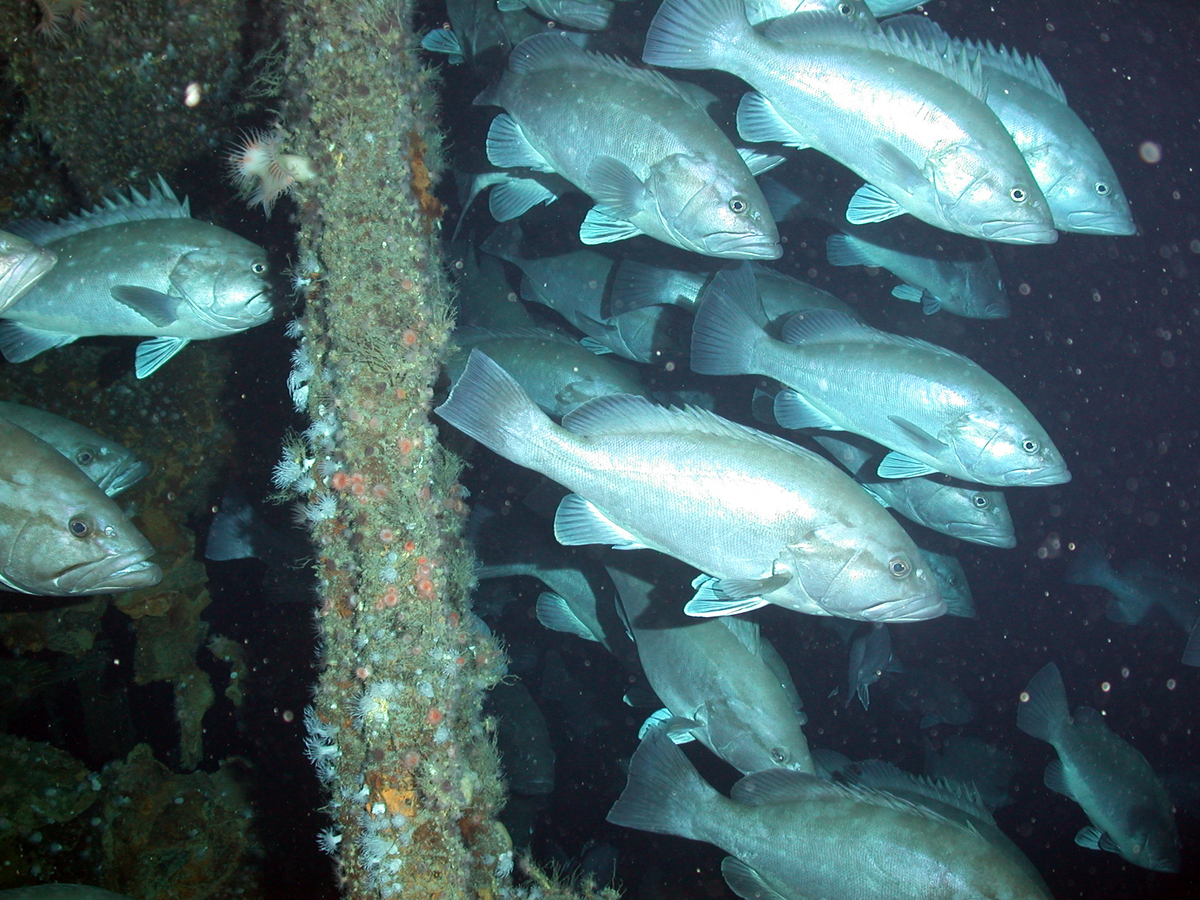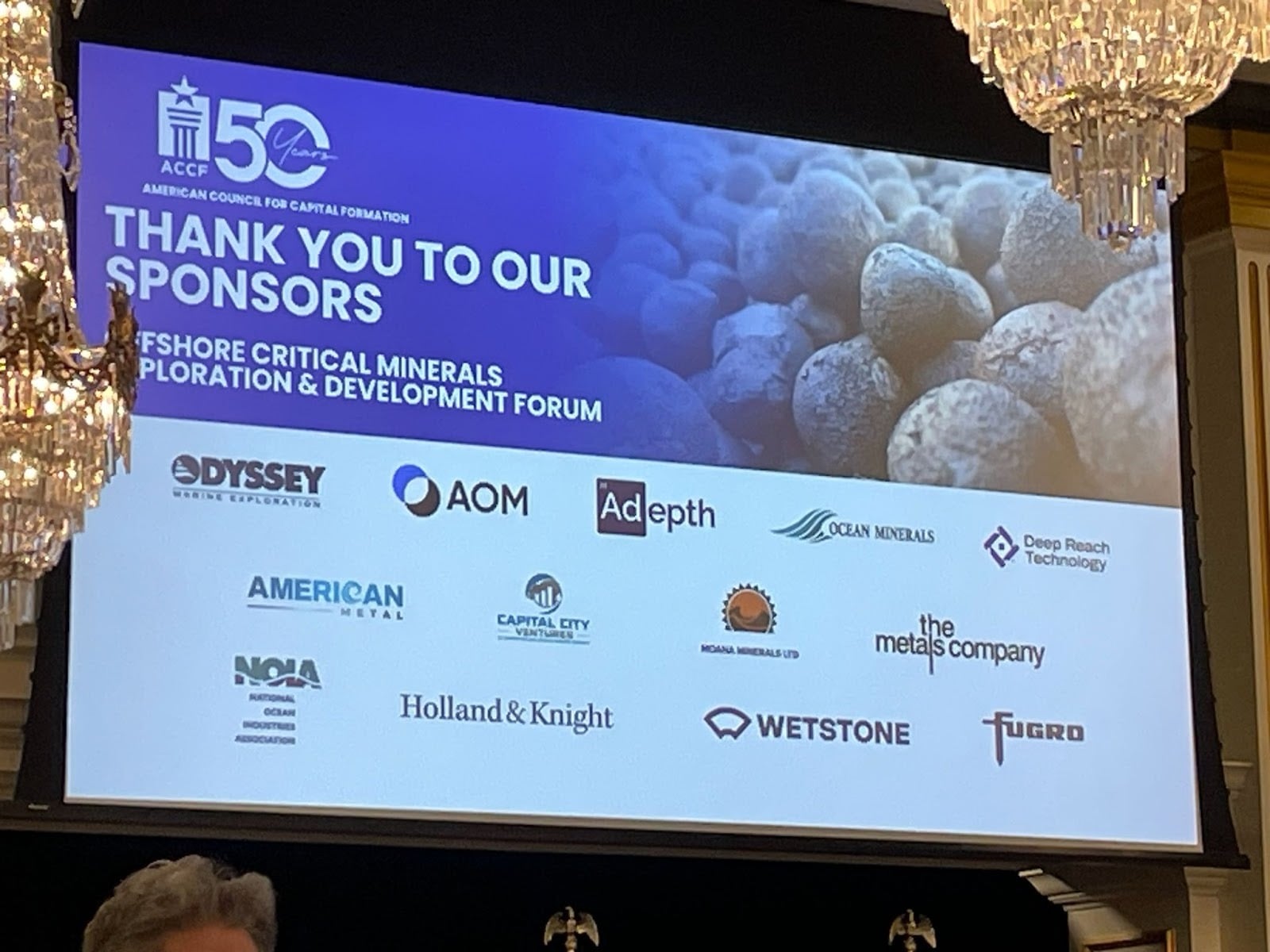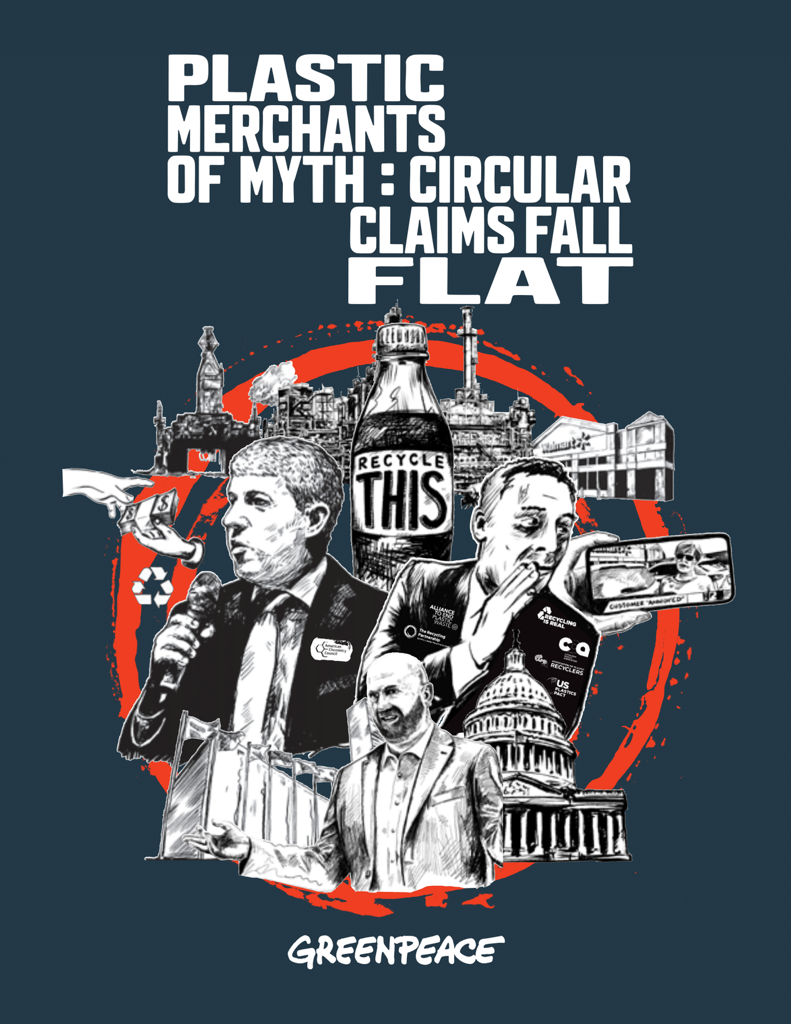The theme of the third season of What We Need Now (WWNN), Greenpeace USA’s climate and racial justice-focused podcast produced by Black staff, is “Centering Blackness” and in our first two episodes, we have focused on uplifting Black leaders in our own organization. In February, we featured Democracy Campaign Director Folabi Olagbaju. In March, we passed the mic to the highest level of leadership at Greenpeace USA, our very own co-Executive Director, Ebony Twilley Martin.
Ebony is the first Black Woman to hold this role for Greenpeace USA or for any national legacy environmental organization. The interview, conducted by her mentee, Ishmael Herod, WWNN producer and former Greenpeace USA Senior Talent Acquisition Manager, and Avery Raines, Greenpeace USA Senior Digital Strategist, is equal parts unapologetic celebration of what we’ve accomplished and raw honesty about how much more must be done. Right before the interview starts, we hear Ebony processing the significance of her impact on Black staff at Greenpeace. “I’m so excited to be here. This is just like, my journey in Greenpeace… to see this…It’s just like my wildest dreams come true.”
“I think we have to be at the table. Not just there for visibility, but there for our strategies and there for our answers, and there to demand what it is we need because nobody else can tell us what we need but us. And we can’t cede space in that way. “Oh, I’ma just let them fight for us,” No. It’s time out for that.”
Ebony’s journey to environmental activism began in a very personal way, when her son developed asthma due to environmental injustice in her community. She later learned that her experience was not unique, but is part of a bigger problem in which Black and Brown communities are the ones most impacted by environmental injustice.
What We Need to Know Now: Fumes Across the Fence-Line: The Health Impacts of Air Pollution from Oil & Gas Facilities on African American Communities
Shocked by the degree to which the environmental movement lags behind in reflecting the diversity of frontline communities, Ebony devoted herself to increasing Black and Brown representation in the traditionally white-male-dominated field. She seized the opportunity to join Greenpeace US in a talent acquisition role and set about the task of creating opportunities for other folks like her to “not just be engaged in the discussion, but be engaged in the strategies and solutions.” The rest as she modestly says is “history” – belying the transformational impact of her work on the organization.
Ebony also emphasized that, especially for Black Women, it is equally important to acknowledge and address the unique challenges they face once they get to “the table.” This conversation is especially pertinent as we recently watched another phenomenal trailblazer make history.
In this month celebrating women, the confirmation hearings of the first Black Woman to be nominated to the U.S Supreme Court, Judge Ketanji Brown Jackson began on the International Day for the End of All Racial Discrimination. It was a rare opportunity to witness history in the making and, for many, the feelings it evoked were complicated.
Like Ebony and other Black Women who have earned their place at the top of white-male-dominated institutions, the eminently qualified Judge Jackson faced questions about whether she belonged. She shared the doubts that crept across her mind as a young student when she first walked the halls of Harvard, and the strength she found in the single word shared by another Black Woman who knew upon sight of her inner turmoil – “persevere.”
The confirmation hearing was undeniably a moment deserving of unabashed celebration. But as we know, this can often be the hardest part. When the norms of professionalism, decorum, white supremacy culture discourage Black joy, it can seem easier to fight for the next victory than to celebrate what we have already accomplished. Moments of triumph for prominent Black folks are often further complicated by the heightened scrutiny that comes with them, challenging us to be our authentic selves, often while holding ourselves to a higher standard of performance.
Ebony reveals that despite her success and demonstrated leadership, she too experiences those doubts. Her words of advice to women and other Black folk working towards our purpose is to trust ourselves. She urges us to be authentic, brave, and bold because we add value when we bring our full selves to the table. “Trust yourself,” she says “even when it seems you shouldn’t. That’s probably the time when you should the most.”
Host bios
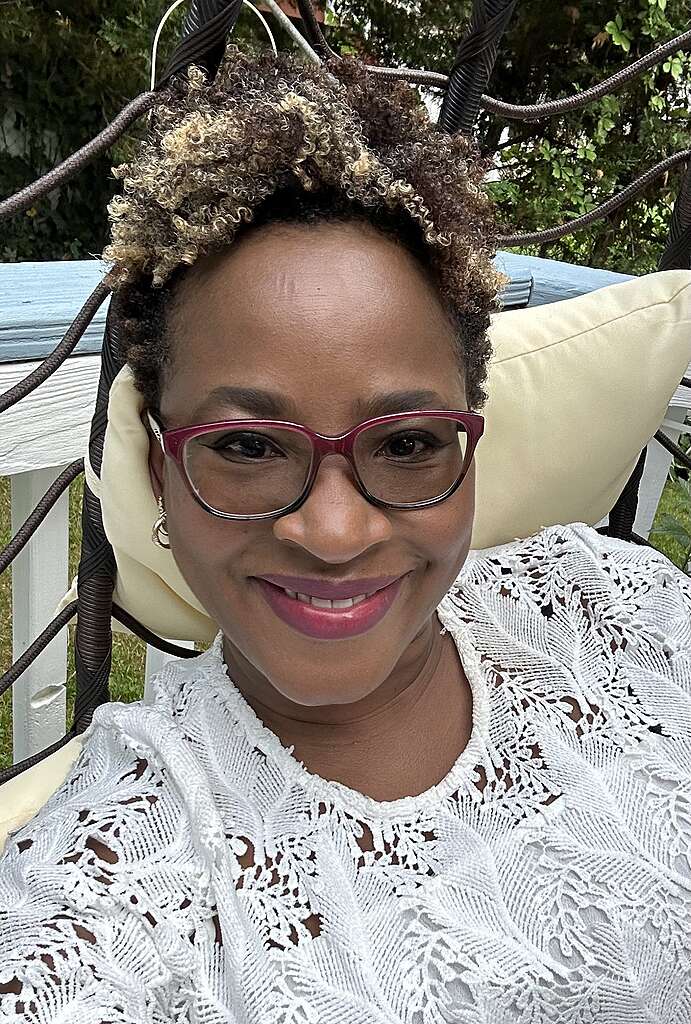
Tanya Brooks
“One of the key things that we need– not to be cliche is that we need Unity, you know in very simple terms. We really need to figure out how as a people we can come together across the globe, across the country, across communities to support each other. I really believe in the power of intersectionality.” – Tanya Brooks
Tanya Brooks is the Senior Strategic Communications Specialist for Greenpeace USA’s Oceans Campaigns. Her primary role is to develop compelling stories that increase awareness about ocean conservation. Tanya has an MA in strategic communication management from Concordia University and an MA in international trade and policy from George Mason University. She lives with her husband and three children on Manahoac Land, presently known as Fairfax, Virginia. Tanya spends her free time dancing Salsa and Bachata, gardening, and binge-watching Korean dramas.
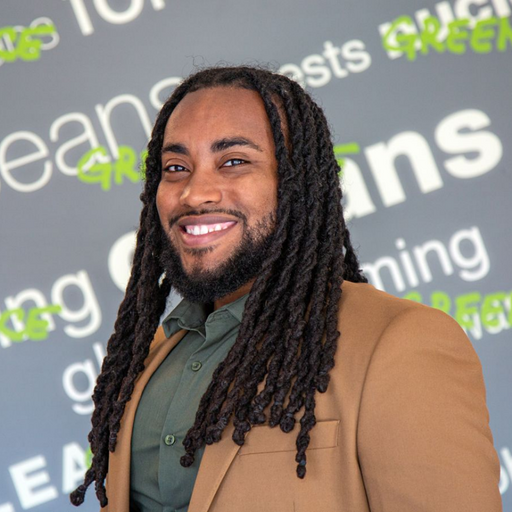
Geniro Dingle
“What we need now is deeper connection to organization and community…liberation is not going to be an individual effort. One of the things I’m challenging myself [to do] is to get deeper connected to Black organizations that align with my personal politics and beliefs, including what we need to do to secure a vibrant life here on this planet. And I think that’s what we all need as Black folks is connection to organizations that are going to do what’s necessary– organize resources, organize people. That’s how we get to liberation.” – Geniro Dingle
Geniro Dingle is Director for Justice & Equity at Greenpeace USA. In this role, he leads the effort to embed justice and equity in Greenpeace and ensure alignment across all organizational strategy and impact aspects. Geniro is a Graduate of Georgetown University’s McCourt School of Public Policy earning a Master of Policy Management degree. He lives with his wife and son on Piscataway land now known as Southern Maryland. In his free time, Geniro enjoys exploring the world with his family.
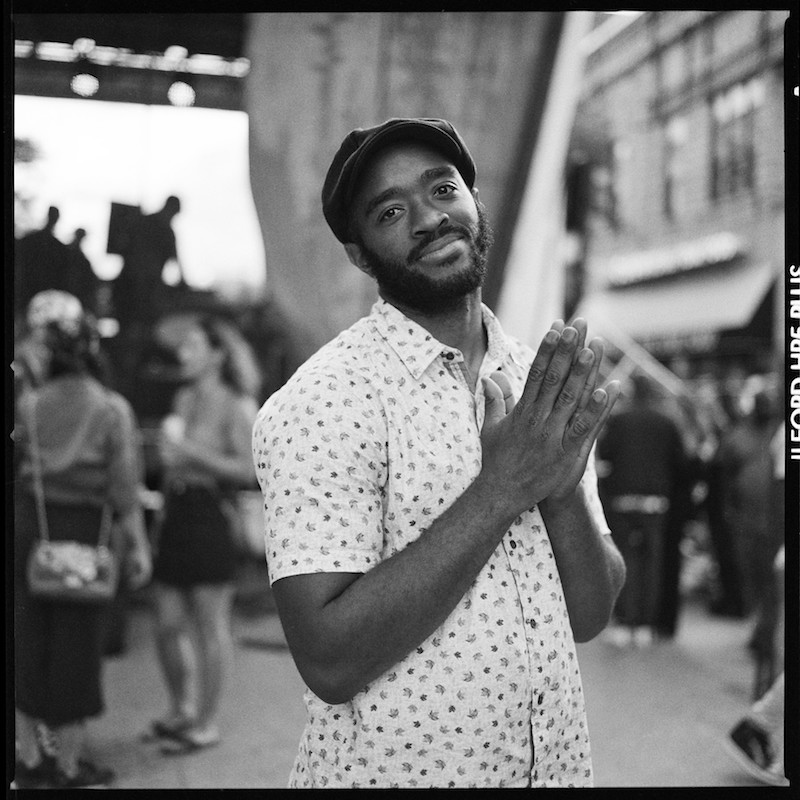
Rico Sisney
“We’ve survived so much as a collective, as a people and…when we’re facing challenges of today, it’s so important to know that–these leaders that we look to did not work in isolation…they worked with large groups of people. They were in collaboration. They were in community with others.” – Rico Sisney
Rico Sisney(he/him) is a father and husband living in Oakland, California on Ohlone land. He serves as the National Warehouse Program Manager for Greenpeace and works on the Action Team. Through the range of responsibilities of his role, Rico is often reminded of the wide array of talents and skill sets that exist in his family that have been unrecognized, unpaid or undervalued, like those of so many other Black people in this country. Like his mother, he coordinates events. Like his father, he uses his voice to make an impact. He works with machines and vehicles like his Grandfather and he recruits volunteers like his Grandmother, the greatest organizer he knows. Like so many others in his family, Rico teaches, trains and uses stories to communicate. Outside of Greenpeace, he is a recording artist and performer.
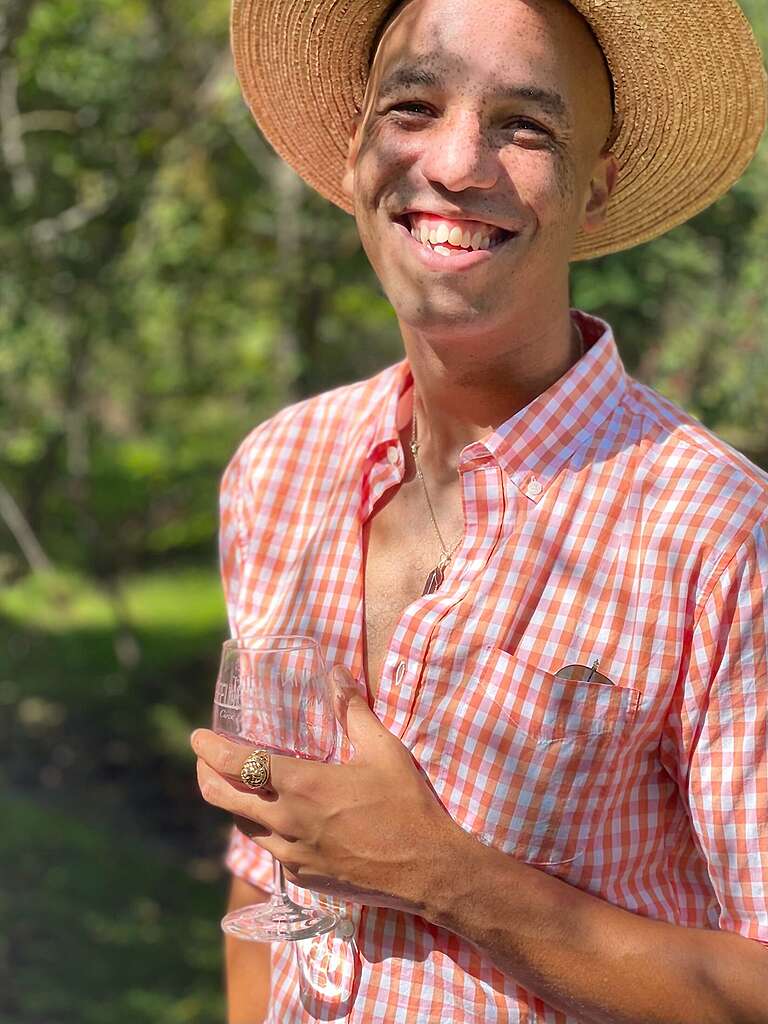
Jeffrey Harris
“Increase access to information, education, local funds. All that in some of manner is not equal or fair in many areas of this country. So we’re not all considered equal until the playing field is and there’s many ways to go about that.” – Jeffrey Harris
Jeffrey is the Digital Platform Manager on Greenpeace USA’s Digital team. In this role he is dedicated to fostering user engagement and driving fundraising initiatives that craft compelling online experiences for visitors. Jeffrey has a BA in Media Arts & Interactive Design from James Madison University and lives in Powhatan Land, presently known as Richmond, Virginia. When not behind the screen Jeffrey spends his free time attending concerts, playing volleyball and watching the best of anime & reality tv.

